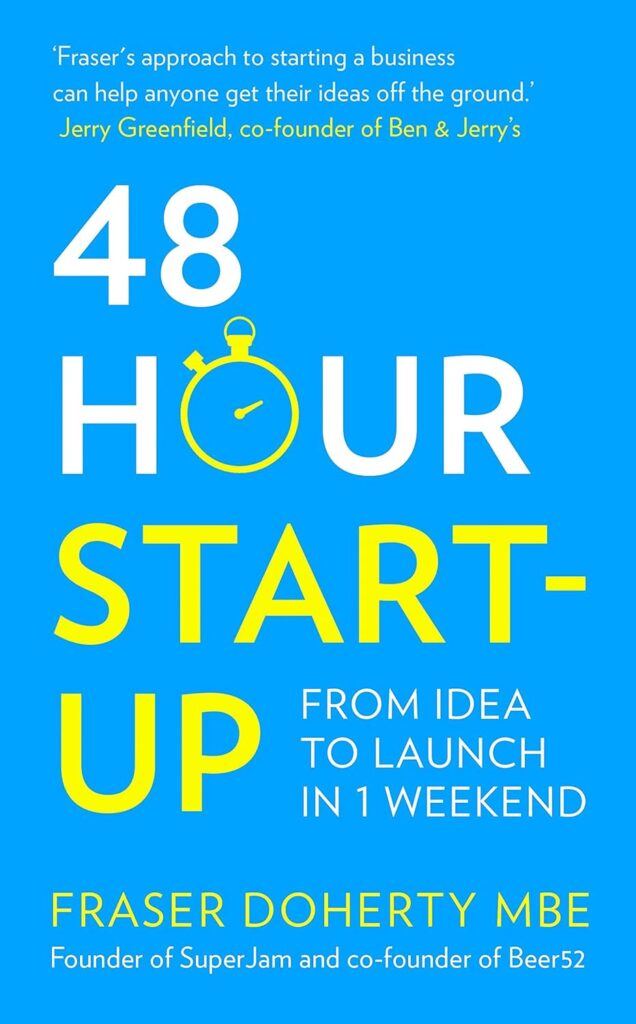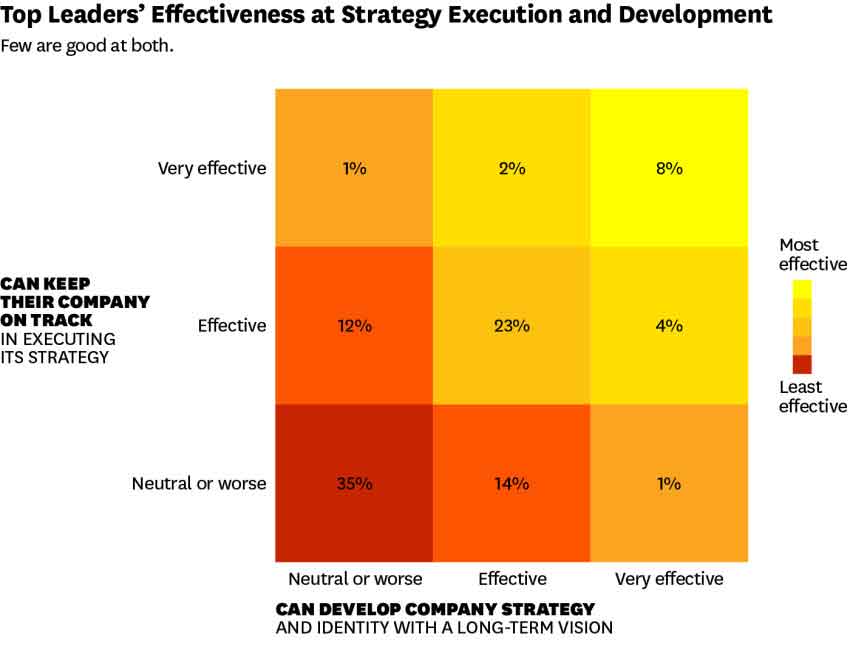Key Takeaways
- Accessing capital to start a business can be a daunting process, especially for entrepreneurs who start out with a great idea but have no real familiarity with the business world.
- You read a book from beginning to end. You run a business the opposite way. You start with the end, and then you do everything you must to reach it.
- Timing, perseverance, and 10 years of trying will eventually make you look like an overnight success.
- The problem is that many entrepreneurs start with good intentions to create a new mindset system but then slack off. The solution is to make that system part of your daily routine.
- When the need to succeed is as bad as the need to breathe, then you’ll be successful.
Introduction
If you’re looking to start a successful business from scratch, even without coming from a wealthy family, it’s definitely possible. You don’t need a lot of money or resources to begin. In this article, we’ll discuss some important lessons about starting a business that you won’t typically learn in school.
Most education systems are designed to prepare you for employment, not entrepreneurship, but the choice is yours whether you want to work for someone else or create your own path to success. It’s a crucial decision that can greatly impact your life.
Starting Your Own Business From Idea to Execution
Fraser Doherty’s 48-Hour Start-Up is like a quick guide for starting your own business. It breaks down the steps for coming up with an idea and getting it out into the market fast.
Lots of people dream about starting their own business, but not many actually do it. What if you could start a business in just a weekend and without spending a lot of money?
In 48-Hour Start-Up, Fraser Doherty shares his experience of building a super successful company worth millions. He tries an experiment: starting a brand-new business from scratch over a weekend, without needing any special technical skills. And guess what? He succeeds, and you can too.
Following his journey, Fraser shares all his lessons and even the mistakes he made. He shows you all the shortcuts and online tools that can help you do the same.
Also Read: The $100 Startup: How to Start a Profitable Business From Home
8 Key Lessons From The Book “48-Hour Start-Up”

1. Quick Start
You can start your business idea in just a weekend if you stay focused and really want to make it happen.
How can you do it?
1. Look around and pay attention to the problems people face in their everyday lives. You can even think about your own life and the challenges you encounter.
2. Ask yourself if you can solve those problems in a unique way that most people haven’t thought of before. You just need to brainstorm and come up with ideas. Think like an entrepreneur and get creative!
2. No Technical Skills Needed
You don’t have to be a tech expert to start a business. You can use simple tools and resources available online.
There are plenty of easy-to-use tools and resources on the internet that can help you get started. For example, you can use website builders like Wix or Squarespace to create a professional-looking website without any coding knowledge. Social media platforms like Facebook and Instagram offer free ways to market your business and connect with potential customers.
Additionally, online marketplaces such as Etsy or eBay provide platforms for selling products without needing your own website. With a bit of research and creativity, you can leverage these online tools to launch your business even if you’re not a tech expert.
3. Learn from Mistakes
It’s okay to make mistakes along the way. Learn from them and use them as valuable lessons for improvement.
Making mistakes is a natural part of starting a business, and it’s important to learn from them. One way to do this is by reflecting on what went wrong and why. Take the time to analyze the situation and identify any lessons that can be learned. Maybe you underestimated the market demand for your product or didn’t properly research your target audience.
Once you understand what went wrong, you can make adjustments and improvements for the future. Embrace mistakes as opportunities for growth, and use them to refine your business strategy and decision-making process.
4. Shortcuts Exist
There are many shortcuts and efficient methods to get your business up and running quickly.
To expedite the process of starting your business, focus on leveraging existing resources and tools. For instance, instead of building everything from scratch, consider using ready-made templates or pre-designed solutions for your website, marketing materials, or product packaging. Additionally, explore outsourcing tasks that are outside your expertise to freelancers or specialized services, saving you time and effort.
Utilize online platforms for networking, mentorship, and learning opportunities to gain insights and guidance from experienced entrepreneurs. By taking advantage of these shortcuts and efficient methods, you can accelerate the setup and launch of your business.
5. Resourcefulness
Being resourceful is key. Utilize whatever you have at your disposal to make progress.
Being resourceful means making the most out of what you have available to you. Start by identifying your existing resources, such as skills, knowledge, and connections. Then, think creatively about how you can leverage these resources to move your business forward.
For example, if you have a network of friends or family members with relevant expertise, consider seeking their advice or assistance. Look for free or low-cost tools and resources online that can help you accomplish tasks more efficiently. By being resourceful and thinking outside the box, you can overcome obstacles and make progress towards your business goals.
6. Sharing Lessons
Sharing your entrepreneurial journey and lessons learned can be done through various channels such as blogs, social media, podcasts, or speaking engagements.
Start by documenting your experiences, challenges, and successes along the way. Then, share these insights openly and honestly with others who may benefit from your knowledge. You can offer practical tips, advice, and encouragement to aspiring entrepreneurs, helping them navigate their own paths more effectively.
By sharing your lessons and experiences, you contribute to a supportive community of entrepreneurs and inspire others to pursue their dreams with confidence.
7. Online Tools
You can take advantage of the multitude of online tools and resources available to entrepreneurs by first identifying your specific needs and goals.
Then, explore online platforms and websites that offer tools and services tailored to those needs, such as project management tools, accounting software, or graphic design platforms. Many of these tools offer free or affordable options, making them accessible to entrepreneurs with limited budgets.
Additionally, consider joining online communities or forums where entrepreneurs share recommendations and reviews of useful tools. By leveraging these online resources, you can streamline your workflow, improve efficiency, and grow your business more effectively.
8. Persistence
Stay persistent and keep pushing forward, even when faced with challenges or setbacks. to maintain persistence in your entrepreneurial journey,
It’s important to stay focused on your goals and remind yourself of the reasons why you started in the first place. Break down your larger goals into smaller, manageable tasks, and celebrate each small victory along the way. When faced with challenges or setbacks, view them as opportunities for growth and learning rather than obstacles.
Surround yourself with a supportive network of mentors, friends, or fellow entrepreneurs who can offer encouragement and guidance. By staying resilient and persevering through difficult times, you can overcome obstacles and continue moving forward toward success.
By following these lessons and taking action, you can turn your business idea into a reality in just 48 hours.
9. Additional Key Points
Now the time is to explore more additional business lessons that are crucial to learn when you starting a new business. Here are some additional key lessons from the book “48-Hour Start-Up”
1. Scaling And Branding
Scaling your business involves gradually increasing its size, operations, and reach. This can be achieved by implementing efficient processes, expanding your customer base, and potentially introducing new products or services. It’s important to carefully manage resources and finances during this growth phase to ensure sustainability.
Branding is about creating a strong and recognizable identity for your business. This involves defining your unique value proposition, establishing a cohesive visual identity (such as logos, colors, and fonts), and consistently communicating your brand message across all marketing channels. Building a strong brand helps differentiate your business from competitors and fosters customer loyalty.
2. Escape The Wantrepreneurship
“Ideas are easy. Execution is everything.”
To escape wantrepreneurship, or the state of wanting to start a business but not taking action, you need to take concrete steps towards your entrepreneurial goals. Start by setting specific, achievable objectives and creating a realistic plan to achieve them. Break down your goals into smaller tasks and tackle them one at a time.
Surround yourself with supportive mentors, peers, and resources that can provide guidance and motivation. Embrace a mindset of action and persistence, and be willing to learn from both successes and failures along the way. By taking consistent action towards your entrepreneurial aspirations, you can break free from wantrepreneurship and make your business dreams a reality.
Why is execution more important rather than the only thing about your business?

Credit: Linkedin
“The best way to predict the future is to create it.”
Execution is more important than just having a good idea for your business because action is what turns ideas into reality. Without taking any action, your business idea remains just that – an idea. By executing your plans and taking concrete steps towards your goals, you can test your ideas in the real world, gather feedback, and make necessary adjustments to improve.
This iterative process allows you to refine your business model, products, and services based on actual market demand and customer needs. In essence, execution is what drives progress and ultimately determines the success of your business.
3. Validation
Validating business ideas involves testing their feasibility and market potential before investing significant time and resources. One way to do this is by conducting market research to understand your target audience, their needs, and existing competitors. You can also create a minimum viable product (MVP) or prototype to gather feedback from potential customers and assess interest in your idea.
Additionally, consider running pilot tests or conducting surveys to gather data and validate assumptions about your business concept. By systematically testing and gathering feedback, you can determine whether your idea has the potential to succeed in the market.
4. How To Start A Business From Zero?
To start a business from zero, begin by identifying a viable business idea that solves a problem or meets a need in the market. Next, conduct thorough research to understand your target audience, competition, and industry trends. Develop a solid business plan outlining your objectives, target market, marketing strategies, and financial projections.
Secure necessary funding through personal savings, loans, or investors, and then register your business and obtain any required licenses or permits. Build your product or service, establish a strong brand identity, and start marketing and selling to your target audience. As you grow, continuously adapt and refine your business strategy based on feedback and market insights.
Reference: How can you do it exactly?
Author Details:

Fraser Doherty, named one of the ‘30 under 30’ entrepreneurs in the world by Inc. magazine, is one of the most successful young entrepreneurs in the UK today. His company SuperJam is a global success selling millions of jars a year. He is also director of the registered Scottish charity, has invested in various charitable projects.
He was commended by the Queen for ‘services to business’ last year. He runs free tea parties for the elderly. He is co-founder of Beer52 (with sales over 3m). He regularly lectures about entrepreneurship at universities around the world.
Conclusion
In conclusion, starting your own business is an exciting journey that begins with a solid idea and ends with effective execution. By carefully researching your market, developing a strong business plan, securing funding, and taking consistent action, you can turn your entrepreneurial dreams into reality.
Remember to stay adaptable, resilient, and open to learning from both successes and failures along the way. With dedication and perseverance, you can build a successful and fulfilling business from scratch.
FAQs:
Q:1 How do I start my own business and become successful?
To start your own successful business, begin with a solid idea, thorough research, a detailed business plan, and consistent execution.
Q:2 How do I start a new business from scratch?
Starting a new business from scratch involves identifying a viable idea, conducting market research, creating a business plan, securing funding, and taking action to bring your vision to life.
Q:3 What is the easiest business to start?
The easiest business to start varies depending on your skills, interests, and resources, but often includes service-based businesses like consulting or freelance work.
Q:4 What small business is the most successful?
Some of the most successful small businesses include those in industries such as technology, healthcare, and e-commerce, but success ultimately depends on factors like market demand, innovation, and effective management.
Q:5 Which business is 100% profitable?
There is no business that guarantees 100% profitability, as success depends on various factors such as market demand, competition, and effective business management.
